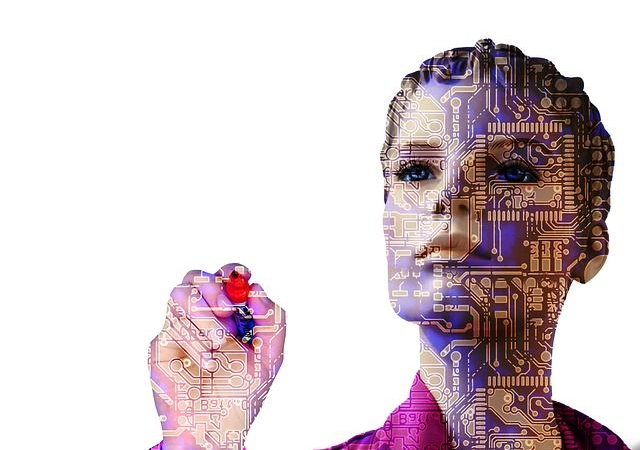We need women’s perspectives to make sure science and technology work for everyone.
Increasing the representation of women in critical technical AI roles takes more than just recruiting efforts—it starts with fostering an inclusive culture and improving access and opportunity for growth.
Enterprises across industries today face a common barrier to achieving their AI goals—talent.
Lacking the necessary AI skills, many organisations are ramping up their AI hiring while looking to diversify their talent sources. Demand for AI only looks to continue to grow. However, structural, and societal barriers prevent women and girls from entering and advancing in science.
The Covid-19 pandemic has only further increased gender inequalities, from school closures to a rise in violence and a greater burden of care in the home. This inequality is depriving us of enormous untapped talent and innovation.
It is critical to have visible female scientists or AI leaders within businesses and society, especially in a country like India. Doing so will provide women working in technology clear examples of how to rise professionally and will go a long way to help deconstruct negative cultural stereotypes about women and girls not belonging in STEM.
Without an archetype to point to that shows that women working in STEM are not only possible but also very doable and aspirational, we could risk countless young women and girls not even approaching the field due to cultural and socio-economic pressures.
A report on India’s Best Workplaces in Diversity, Equity & Inclusion 2022, shows that companies with diverse and inclusive cultures are betting on fuelling productivity and innovation within their workforces, translating into better products, a competitive edge over peers, and improved business performance.
We need women’s perspectives to make sure science and technology work for everyone.
Increasing the representation of women in critical technical AI roles takes more than just recruiting efforts—it starts with fostering an inclusive culture and improving access and opportunity for growth.

The world’s most customer-focused companies understand that diversity, equity, inclusion and belonging (DEIB) are business imperatives for success. The importance of diversity within AI teams is connected to one of the biggest challenges facing AI today: biases within AI systems.
While most AI bias is unintentional and goes unnoticed, if AI systems perpetuate existing forms of gender bias, they will fail to reach their fullest capacity and could ultimately hinder organizations’ progress in implementing AI effectively.
At best, the algorithms can be retooled after being evaluated. At worst, organisations could face regulatory or reputational risks.
A more diverse workforce is better equipped to identify and remove AI biases as they interpret data, test solutions, and make decisions. Levers for diversity include gender, race, socioeconomic background, work experience, age, ability, privilege, and experience with discrimination, among others.
Diversity across several criteria will help ensure a wide range of perspectives and lived experiences are incorporated into the design and implementation of an AI system.
Indian women have a unique advantage owing to the environments they are surrounded with during their upbringing and a country like India offers one of the richest experiences in multi-layer diversity.
These are exciting times ahead for us to impact policy on a national level, especially around ethics in AI, contribute to intelligent new product development and take the time and confidence to nurture and build strong international careers and lay the small but significant pathways to next-generation tech women.


























Leave a Comment
Your email address will not be published. Required fields are marked with *